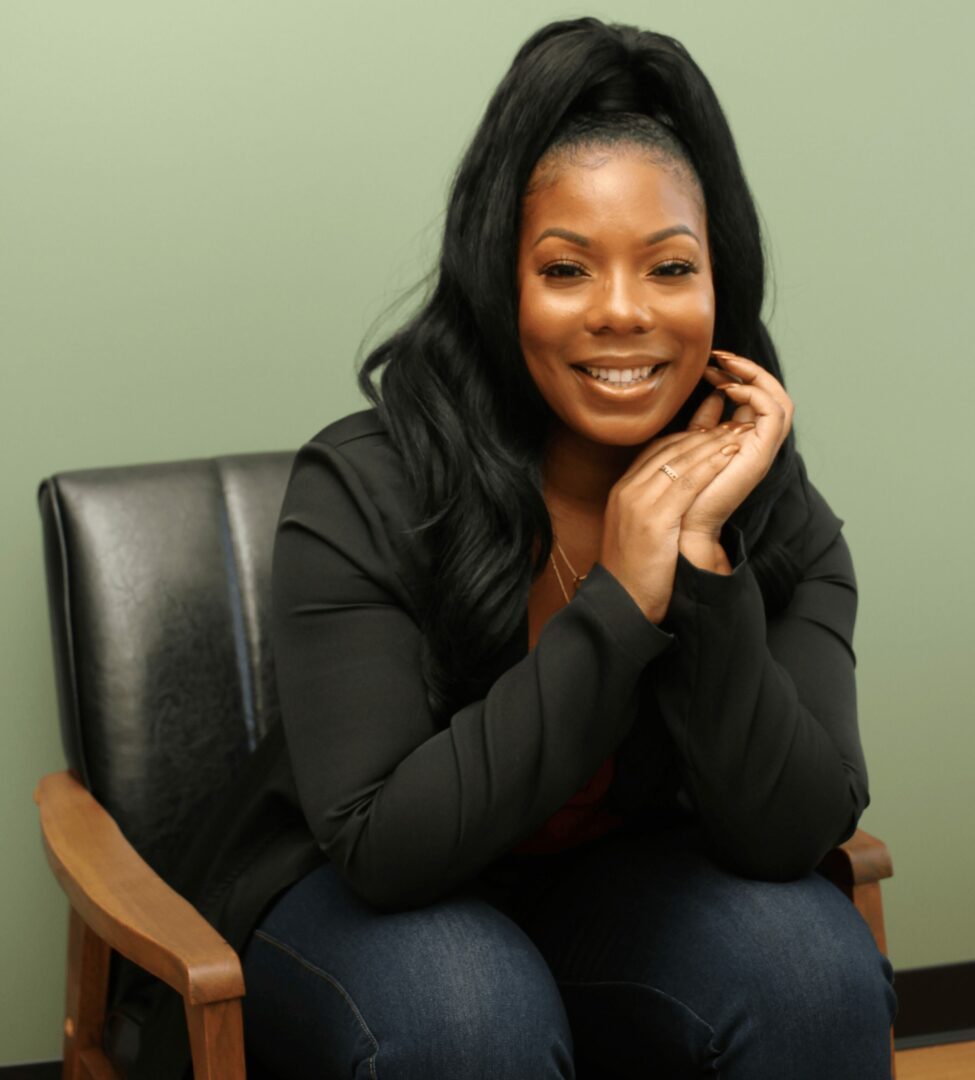We caught up with the brilliant and insightful Keonna Robinson a few weeks ago and have shared our conversation below.
Keonna, so great to have you sharing your thoughts and wisdom with our readers and so let’s jump right into one of our favorite topics – empathy. We think a lack of empathy is at the heart of so many issues the world is struggling with and so our hope is to contribute to an environment that fosters the development of empathy. Along those lines, we’d love to hear your thoughts around where your empathy comes from?
Empathy is a cornerstone of effective psychotherapy, and several key conditions and experiences have contributed to my ability to develop this crucial skill. In my view, empathy consists of two components: experiencing it internally and expressing it outwardly. Understanding and empathizing with others by putting myself in their shoes has always come naturally to me. As a child, I remember experiencing my grandparents’ and parents’ emotions as they worked tirelessly every day. Witnessing their blend of struggle yet determination in private moments often moved me to tears. My personal experiences, along with my commitment to my personal therapy journey also helped me maintain emotional awareness and resilience, enabling me to be fully present and empathetic with my clients. Having faced my own challenges and navigating through life’s ups and downs, I can relate to the vulnerability and courage it takes for clients to share their stories.
It wasn’t until I entered higher education that I learned the “how” of expressing empathy therapeutically without taking away from the persons’ experience. Oftentimes, as a society, we face this challenge. We can lean too heavily into our own experiences, unintentionally overshadowing the emotions being shared by someone else. Alternatively, we may fear vulnerability and unintentionally appear cold and distant, as it’s hard to give what we may have lacked while growing up. Finding the balance can be tough. During my studies, I was exposed to diverse theories and practices that emphasized the importance of empathy in understanding clients’ experiences. This is when I really learned how to see the world from my clients’ perspectives and how to display empathy in the therapy room.
I would add that my supervised clinical training significantly helped me enhance my therapeutic empathy techniques. Working directly with clients from various backgrounds who faced different challenges allowed me to apply theoretical knowledge in real-life settings allowing me to refine my approach and deepen my empathetic engagement. I’ll share a vivid memory with you from my early days working with foster children in a group home setting. During that time, I often experienced moments where I felt a deep sense of empathy bubbling just below the surface. Every day after work for the first 6-7 months I was overcome with emotions witnessing how yearning for love and belonging led to these children resorting to various maladaptive behaviors simply to meet their universal needs. Trust me, the tear ducts were mad dehydrated. Yet, experiences like these combined with—education, clinical training, and personal growth underscored the importance of active listening, genuine curiosity, and non-judgmental acceptance when building a therapeutic alliance to support and guide my clients effectively.
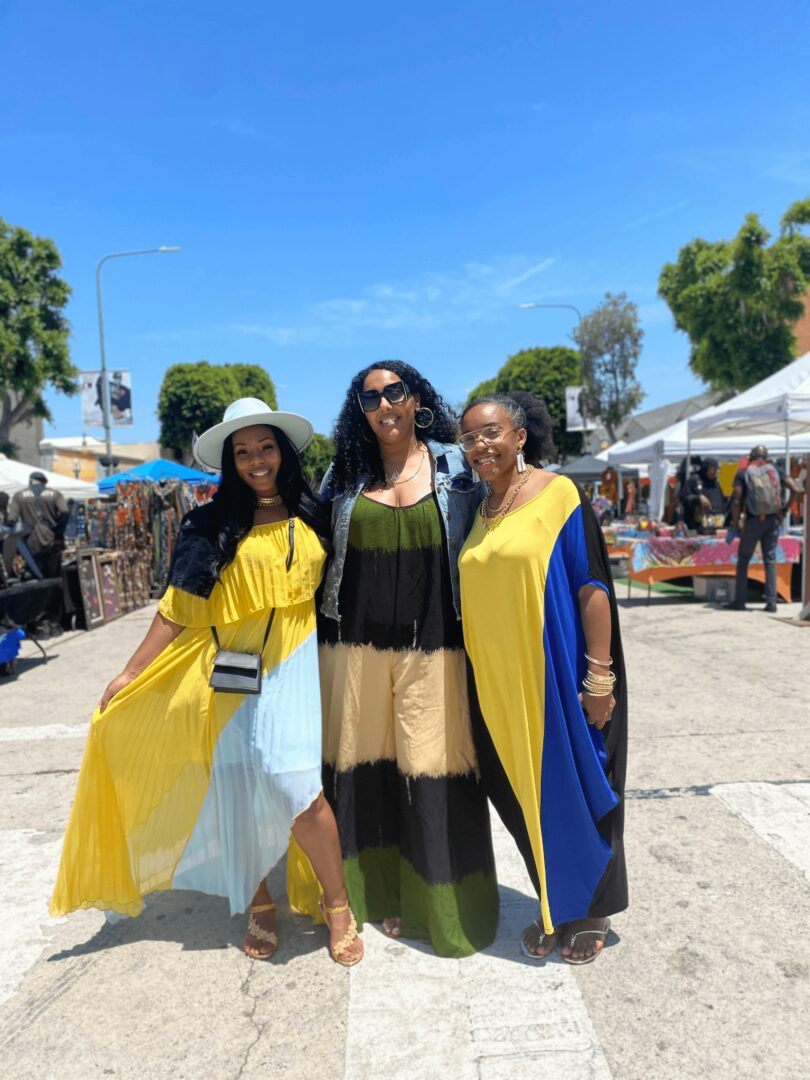
Thanks, so before we move on maybe you can share a bit more about yourself?
As a licensed Psychotherapist in Los Angeles, California, I specialize in grief and traumatic loss, providing support to couples, families, and individuals during challenging life events. My initial interest in this concentration was sparked by recognizing how generational and collective grief within my community impacts relationships on intrapersonal and interpersonal levels. Witnessing my clients find new ways to make meaning of life after loss is incredibly fulfilling. I truly value the trust they place in me to support them in their grief. Emphasizing community psychology from a holistic perspective in my practice, we empower clients to utilize a “village” of supporters to aid in their healing journey, as human beings thrive with support. At PWC, we connect clients to essential services addressing medical, nutritional, and other relational needs while I focus on the mental health piece. It’s a fun approach and our clients enjoy it. We aren’t your traditional private practice where clients can only find us in the office. Our therapists actively engage with the community through mental health fairs, wellness conferences, support for Black-owned wellness brands, and offering pro bono trainings and workshops to support our community needs. Soon we will undergo an expansion of our services including additional individual service types, personality and relationship assessments, educational client resources, and wellness retreats.
In addition to my private practice, I am an adjunct professor at the graduate level, a mental health speaker, and a national clinical trainer for mental health organizations. As a board member of the Los Angeles chapter of the California Association of Marriage and Family Therapists (LA-CAMFT), I passionately support and contribute to shaping the clinical training experience for future clinicians. I chair the LA-CAMFT Therapists of Color Mentorship Program, which aims to bridge gaps by identifying and guiding clinicians through different growth opportunities, enhancing accessibility and sustainability in the field, and supporting therapists of color in delivering culturally authentic services confidently. My dedicated committee members have stuck by my side the past couple of years as I strive to take the program to uncharted heights!
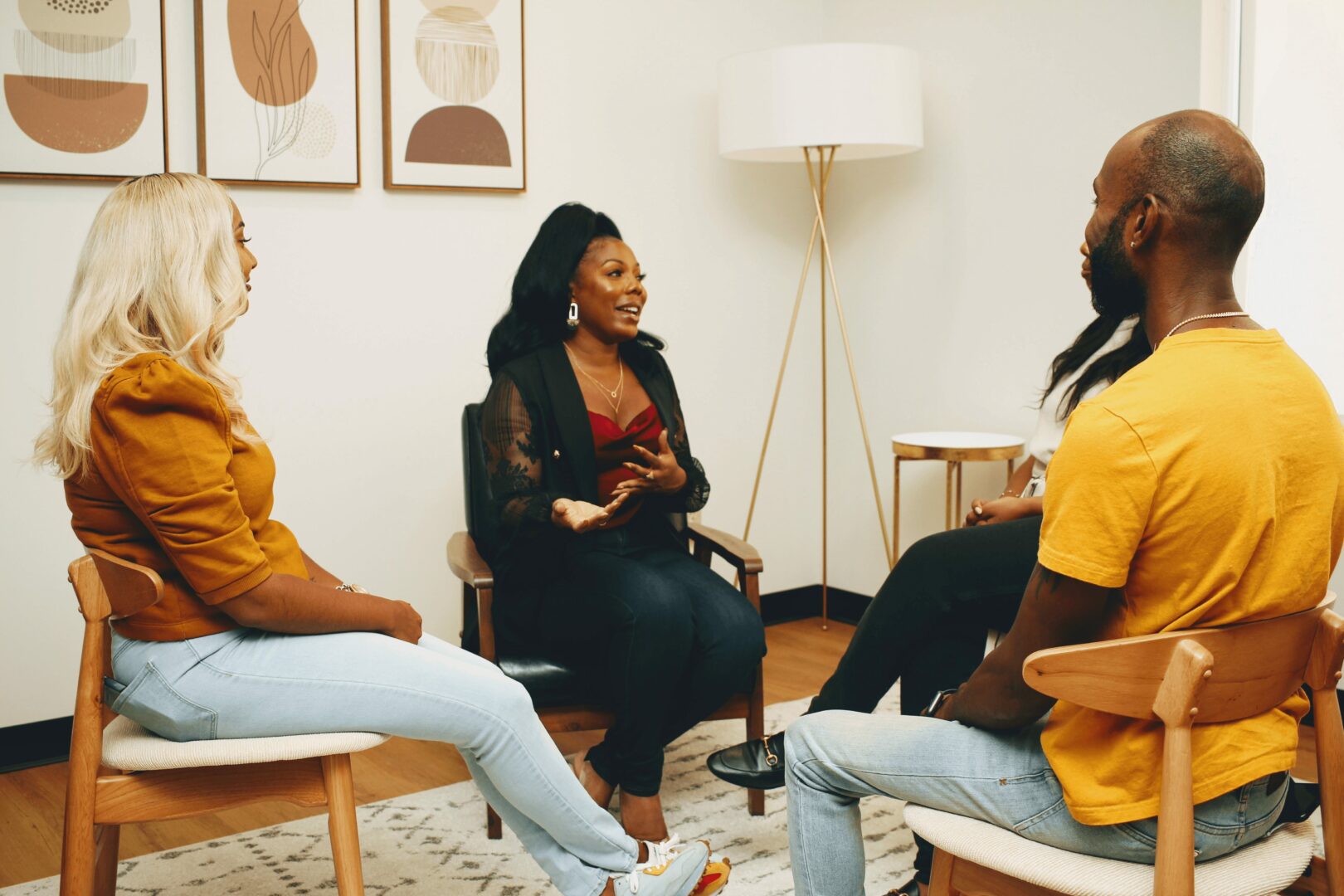
There is so much advice out there about all the different skills and qualities folks need to develop in order to succeed in today’s highly competitive environment and often it can feel overwhelming. So, if we had to break it down to just the three that matter most, which three skills or qualities would you focus on?
Reflecting on my journey, I’d have to say the three qualities that have been most impactful are adaptability, effective communication, and a commitment to continuous learning.
First, adaptability has played a crucial role in navigating the ever-changing landscape of my career. Whether it was embracing new technologies, shifting team dynamics, or unexpected business challenges, being flexible and open to change allowed me to not only survive but thrive in various environments. This quality enabled me to view obstacles as opportunities for growth rather than setbacks.
Second, effective communication has been indispensable, especially in my field. The ability to articulate ideas clearly, listen actively, and engage in meaningful dialogue with colleagues, clients, and students, has fostered collaboration and innovation. Good communication skills have helped me build strong business relationships and ensure that projects deliverables are met and stay on track.
Lastly, a commitment to continuous learning has been the backbone of my professional development. In a world that is constantly evolving, staying curious and always seeking new knowledge has kept me relevant and competitive as a business owner and therapist. This commitment has manifested through pursuing further education, attending trainings and conferences, and staying updated with new industry research. It has empowered me to bring fresh perspectives and solutions to the table, that ultimately benefit the success of my clients.
Ok, so when you’re just starting out on your journey, whether in a new career, hobby, or personal development, the best advice I can offer is to embrace a mindset of continuous learning and curiosity. The first step in this is to acknowledge that it’s completely okay not to know everything right away. Instead, focus on being open to new experiences and willing to ask questions. Seek out mentors or more experienced individuals who can provide guidance and insights. Don’t be afraid to reach out; most people are more than willing to share their knowledge and help you along your path.
Another crucial aspect is to set realistic, incremental goals. Rather than overwhelming yourself with the end objective, break it down into smaller, manageable tasks. This not only makes the process less daunting but also allows you to celebrate small victories along the way, which can be incredibly motivating. Consistency is key here. Make a habit of working on your skills or knowledge a little bit every day. Over time, these small efforts actually become significant improvements.
Lastly, don’t underestimate the power of reflection and feedback. Take the time to review your progress periodically and be honest with yourself about what is and isn’t working. Whether it be constructive feedback giving to yourself or from others, it’s invaluable for growth. Use it to adjust your approach and refine your strategies. I’ve had to do this often while building my practice. Remember, the journey is just as (some would argue even more so) important as the destination. Embrace the challenges and missteps as opportunities to learn and evolve, and you’ll find yourself continually improving and developing in meaningful ways.
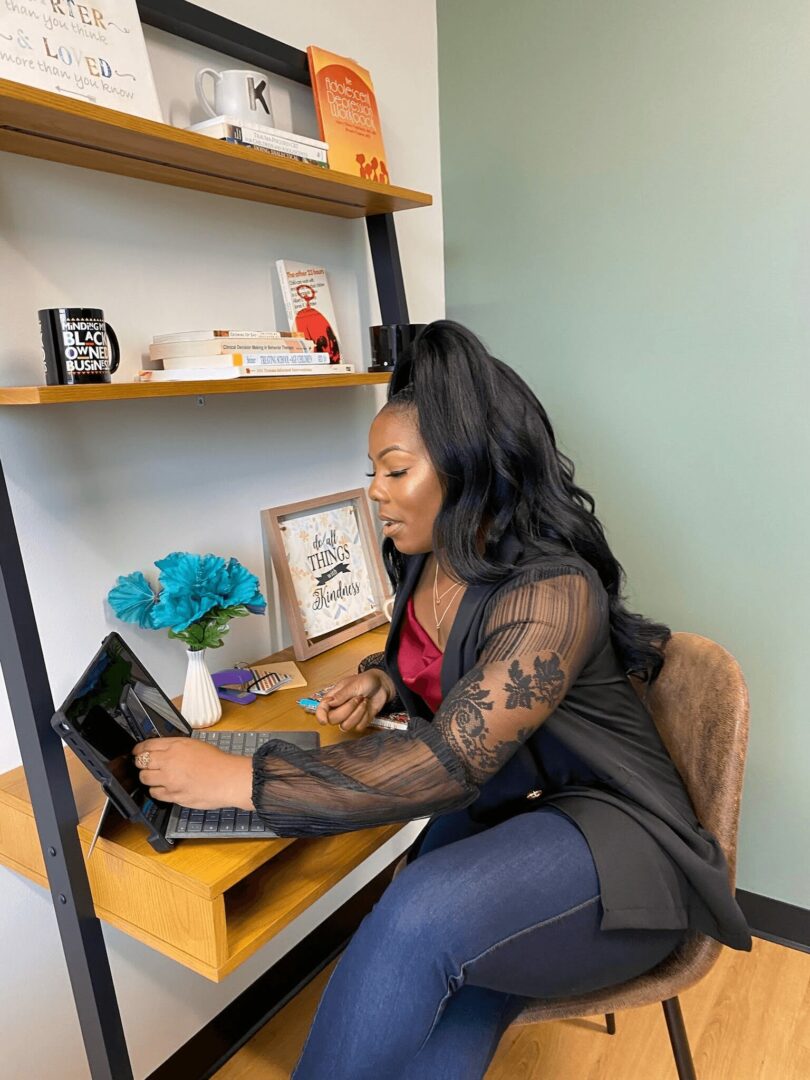
Okay, so before we go we always love to ask if you are looking for folks to partner or collaborate with?
Yes! I am always open to collaborating with professionals both within and outside the mental health field. To complement my expertise, I seek partners who excel in social media and advocate for mental health. Our practice thrives when working with businesses that enhance growth systems and operations, particularly those supporting holistic health and wellness brands. With therapy clients in California and wellness coaching clients nationwide, our partnerships introduce clients to diverse tools available in the market, aiding them in overcoming individual challenges. It takes a village! Those reading this who are interested in tapping into the LA mental health space can reach out on our contact us page at www.pwcla.com.
Contact Info:
- Website: https://www.pwcla.com
- Instagram: https://www.instagram.com/pwclosangeles?igsh=OGQ5ZDc2ODk2ZA==
- Linkedin: https://www.linkedin.com/in/keonna-r-756462123?utm_source=share&utm_campaign=share_via&utm_content=profile&utm_medium=android_app
- Other: psychology today: https://www.psychologytoday.com/us/therapists/keonna-robinson-encino-ca/449533
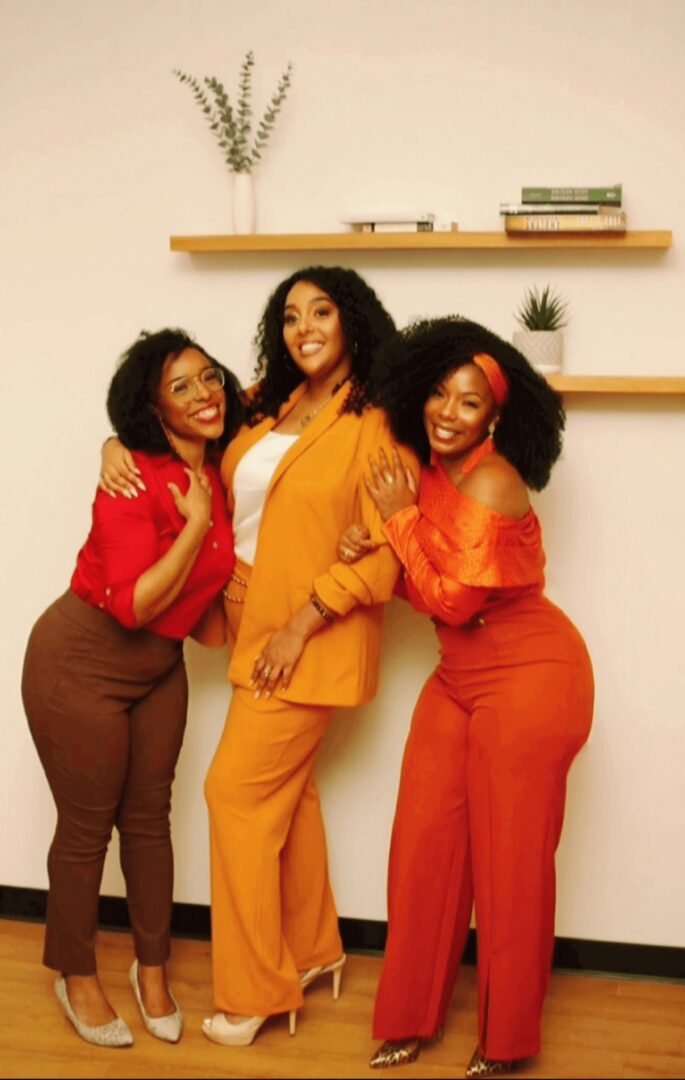
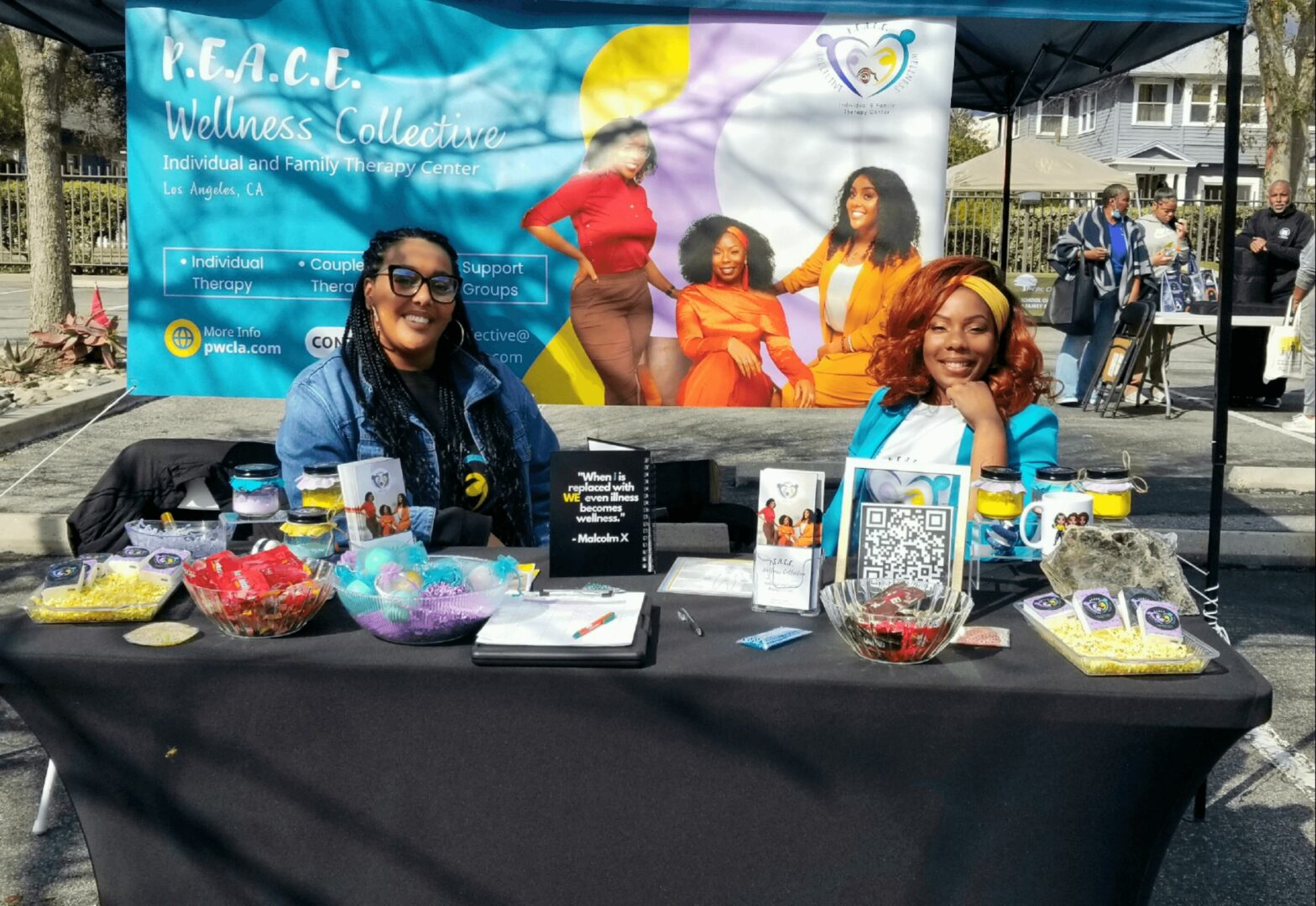

Image Credits
Chris Greenwell
so if you or someone you know deserves recognition please let us know here.

